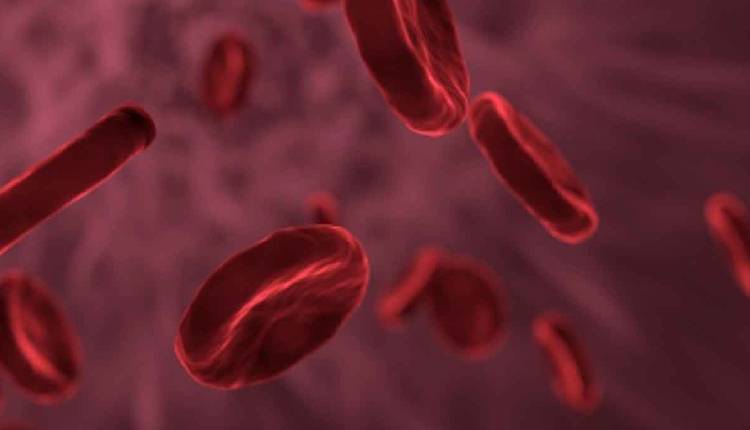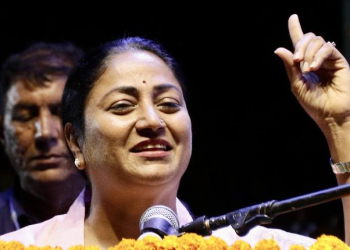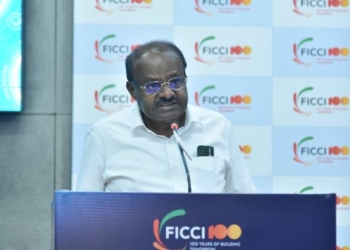New Delhi: Lack of widespread awareness, genetic counselling, and traditional belief systems are some of the major reasons why India has the highest number of thalassemia major patients in the world, said experts here on World Thalassemia Day on Wednesday.
World Thalassemia Day is observed every year on May 8 to raise awareness a bout the disease. The theme this year is ‘Empowering Lives, Embracing Progress: Equitable and Accessible Thalassaemia Treatment for All’.
Every eighth thalassemia patient in the world lives in India. And yearly about 10,000-20,000 new thalassemia majors are born.
“India has the largest number of children with thalassemia major in the world, with around 1-1.5 lakhs of children affected. India’s status as the thalassemia capital stems from a complex interplay of factors. Genetic predisposition, consanguineous marriages, and lack of awareness contribute to its prevalence. The rise in India can be attributed to population growth, limited access to screening, and lack of awareness,” Sunil Bhat, Director and Clinical Lead – Pediatric Hematology, Oncology and BMT, Narayana Health Network Hospitals, told IANS.
Thalassemia Major is a severe inherited blood disorder, passed from parents to children. The disorder occurs when the body doesn’t make enough of a protein called haemoglobin — an important part of red blood cells — forcing the need for blood transfusions every fortnight.
It is particularly prevalent in populations with a high incidence of cousin marriages and within certain ethnic and geographical groups.
“In India, certain communities such as Sindhis, Punjabis, Bhanushali, Kutchi, Marwari, Maratha, Muslim, and Bengalis have a higher prevalence of the gene, which increases the incidence of Thalassemia. The incidence of Thalassemia Minor in this community varies from 8-14 per cent,” Vijay Ramanan, Sr. Consultant Clinical Haematologist, Bone Marrow & Stem Cell Transplant, Ruby Hall Clinic, Pune, told IANS.
The large population and high birth rate in India also contribute to a greater number of individuals being affected by genetic disorders.
“Lack of widespread awareness and education about Thalassemia and genetic counselling among the general public leads to insufficient preventive measures. Prenatal and pre-marital screening for Thalassemia is not uniformly practised across the country,” Vijay said.
“Ignorance and desire to believe that astrology is more important than science has contributed to an increase in thalassemia minors marrying another thalassemia minor. Such marriages have a 25 per cent chance of getting a thalassemia major child,” he added.
The doctor lamented that while prenatal diagnosis exists in the country to prevent the birth of such children, “it is not availed by such couples due to religious beliefs or ignorance”.
Moreover, the availability and accessibility of medical services, including blood transfusions and chelation therapy, can be uneven across urban and rural regions in the country.
Importantly, the doctor also pointed out a lack of data.
“The rough estimate is that about 4 lakh to 6 lakh children with thalassemia major exist in India. However, the diseases needing transfusions are not usually collected in the data. Distribution of thalassemia major patients across states has not been done due to lack of registry,” Vijay said.
Comprehensive education on genetic risks, premarital counselling, and widespread screening is essential to address the burden of thalassemia in India, noted the experts.
“In addition, promoting voluntary genetic testing national policy from the Government and fostering partnerships between doctors and communities can enhance prevention efforts. Ultimately, proactive measures, such as early diagnosis and timely management, hold the key to alleviating the impact of thalassemia in India,” Sunil said.
(IANS)
















